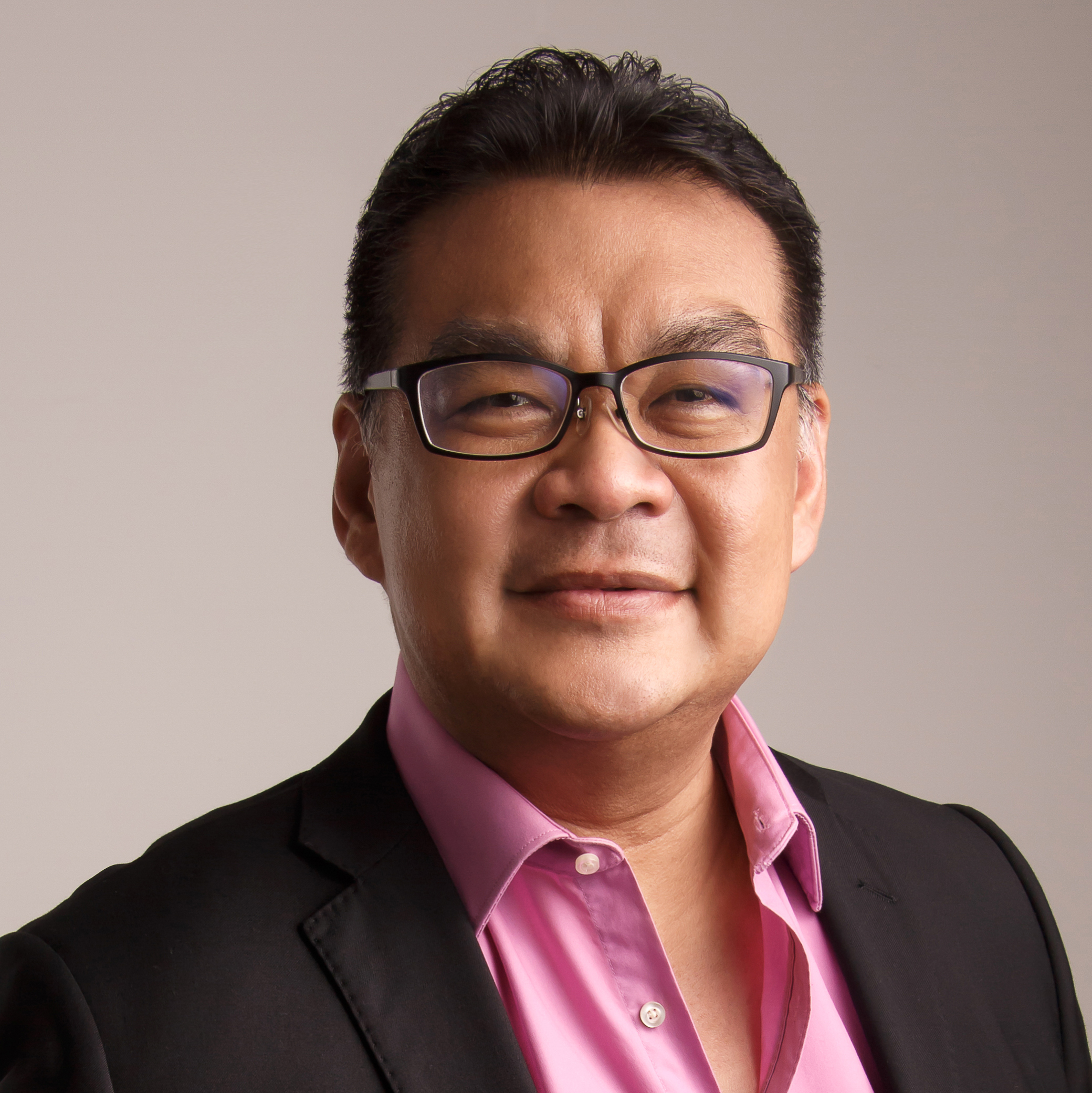Have you ever had the experience where you thought that you were being generous and offered something you had without expecting anything but instead ended up receiving so much more in return?
Random act of kindness turned around, karma, whatever you want to call it, this just solidifies the saying of before receiving, we should give first. And give unconditionally.
A few months ago, I was contacted by True Complexion, the organizers for the upcoming “Alive! Festival” that will be held at The Bee @ Publika, Kuala Lumpur on the 29th of September, 2018.
The organizers were asking if I could help coach a speaker from my hometown, Kota Kinabalu, for the festival. As all the other speakers were in West Malaysia, they would be coached by the speech coach in Kuala Lumpur.
As a Toastmaster, public speaker, past speech contest contestant, speech mentor and someone who just loves to dissect and reassemble speeches, this request was right up my alley. I had also heard the speaker on stage before and found him to be more than competent as a speaker.
Coaching someone who is already a good speaker and working on something I am passionate about. How taxing could it be?
I admired the speaker and his achievements and felt that I could help him hone his message and get it across to a larger audience. And as the organizer was a coaching client of mine, I said YES!
The only compensation I asked for was the permission to promote the fact that I was his speech coach.
The speaker from Kota Kinabalu was involved in a motorcycle accident and paralyzed from the waist down. Since that unfortunate accident, he has gone on to build a business in the medical and disabled field. He is one of a handful of internationally certified trainers for Disability Equality Training. You may have seen or heard him speak before. His name is Fariz Abdul Rani.
Fariz and I contact each other and set a date to meet up. On the day, I was thinking that I would be sharing my expertise in speaking in public. Instead, our first speech meeting became more like the scene from the Matrix, where Morpheus (Laurence Fishburne) asks Neo (Keanu Reeves), if he wants the blue (to continue living as is) or red pill (to awaken to the true reality).
Fariz gives me the metaphoric “red pill” and awakens me to the social barriers that exist. Are the “disabled”, disabled through their physical condition or are they disabled because of our attitudes and by the environment we live in?
Our conversation forces me to think. When I speak in public, am I being inclusive or exclusive? If there are hearing impaired or hard of hearing people in the audience, and I spoke without a mic, without using sign language, or without text slides, am I creating a barrier and excluding them from my talk?
And believe me, there have been times that I have spoken in front of a room filled with participants of various ages, and due to technical difficulties, I have spoken without a mic. This is an example of an attitudinal barrier.
Our conversation forces me to look at our environment. We are at a Starbucks. Fariz points out the height of the counters. How does someone in a wheelchair order and receive their coffee? Is the counter low enough for the cashier to receive their orders, collect cash and hand them back their change if any? Is the drink receiving counter low enough for the coffee to be handed to someone in a wheelchair, without the risk of spilling hot coffee on them? This is an example of a man-made, environmental barrier.
This conversation makes me think about other barriers. Barriers we call stigmas. For people with mental health issues. For people that look different from what we tend to think as the norm. For people who think differently from us.
And from these conversations, the table is turned. From thinking that I can apply my experience to make his speech better, my thoughts turn to, I must apply my skills and experience in coaching him to be able to get this message of attitudinal and environmental barriers to a wider audience.
The pressure has shifted from him to me.
Although Fariz and I have another meeting or two to meet up and perfect his speech, this experience has already become an immeasurable experience. Having expectations about this whole speech coaching process being turned on its head, to learning more about barriers than sharing more about speaking, I believe that I will end up receiving more from this experience than what I have given.
Next time, I have another chance to give first, I will surely do so. As I know, I will indeed receive more. More in terms of knowledge, in terms of relationship and in this case, in terms of being more aware of the social barriers that exist and how to be more inclusive.

